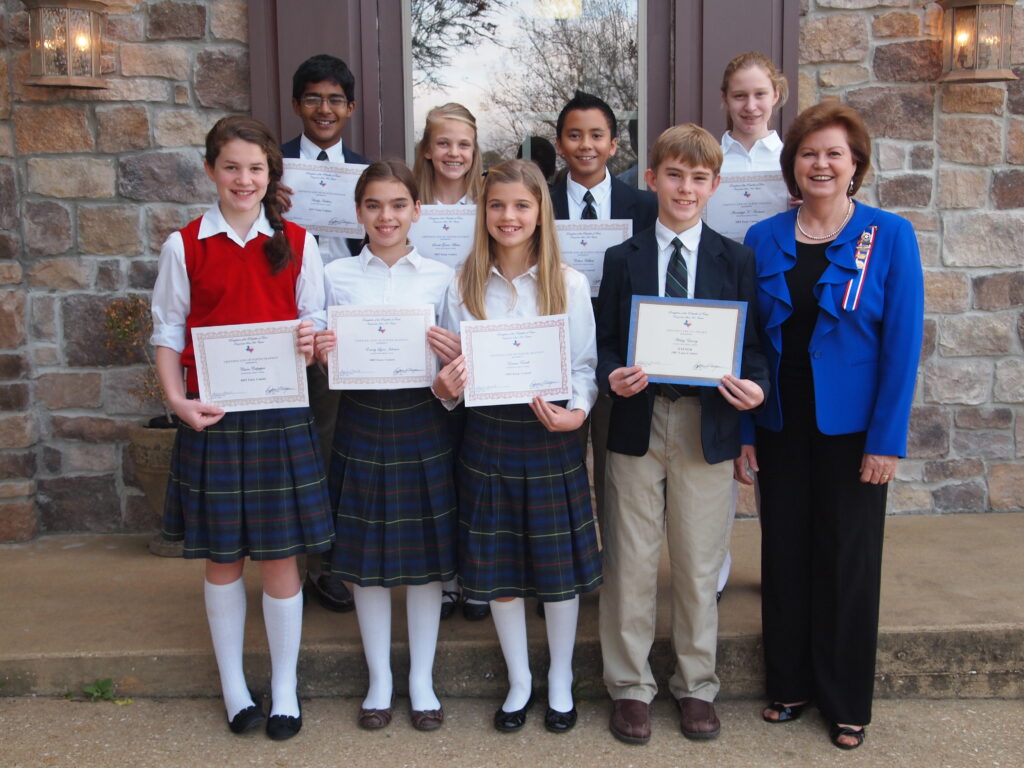Philosophy of the 3 Schools
Grammar: KPrep — 6th Grade
Logic: 7th — 8th Grade
In the junior high years, we emphasize connections and interrelations. Through finding arguments and following questions, we study the “why” and “how” of each subject. The study of formal logic (fallacies and syllogisms) comes here, and the arts of conversation, inquiry, and debate begin to emerge.

Rhetoric: 9th — 12th Grade
High school students are naturally interested in presenting themselves well, so we take advantage of this stage by teaching them how to express ideas most effectively: through beautiful, respectful, creative, and persuasive speech and writing.
Educational Philosophy
The classical model of education involves both the educational method as well as content of the academic studies. This method conducts students through the arts of grammar, logic, and rhetoric. Collectively, these arts of language have been called the Trivium. The art of grammar focuses on making students at home in language through imitation such that they become accurate interpreters of what they read and hear. Building on the art of grammar, logic is the art of finding arguments and following questions, including the art of avoiding errors in reasoning and drawing valid inferences. At the rhetoric stage of learning, students exercise the art of persuasion by seeing all the available means of persuasion in a given context. They are also able to talk, write, and think intelligently about a subject. In terms of content, Regents Academy requires the study of theology, logic, rhetoric, Latin, literature, history, and the higher mathematics and sciences.
- Bring the student into fellowship with God;
- Advance the student in spiritual maturity;
- Assist the student in developing an analytical Christian mind;
- Enable the student to think God’s thoughts after Him; and
- Help the student achieve Christ-like character qualities.
- Art: Imitation (action) joined with reason; science joined with practice; designed to produce something.
- Liberal Arts: The Trivium and Quadrivium, consisting of the three arts of language and the four arts of mathematics; together they comprise the tools of learning for demonstrating knowledge and the seeds of learning flowering unto wisdom; the arts pertaining to the flourishing of the soul.
- Trivium: The three arts of language: grammar, dialectic/logic, and rhetoric.
- Grammar: The art of being at home in language; like all of the liberal arts, it includes both a productive and a receptive aspect; thus, it includes writing and speaking a language as well as hearing and reading it.
- Logic: The art of finding arguments and following questions; includes the art of avoiding errors in reasoning and drawing valid inferences (logic), as well as the arts of conversation and inquiry.
- Rhetoric: Most basically, the art of persuasion; receptively, it is the art of seeing all the available means of persuasion in a given context; productively, it is the art of leading souls through speech.
These definitions come from Kevin Clark and Ravi Scott Jain, The Liberal Arts Tradition: A Philosophy of Christian Classical Education, rev. ed. (Camp Hill: Classical Academic Press, 2019), 289-91.


